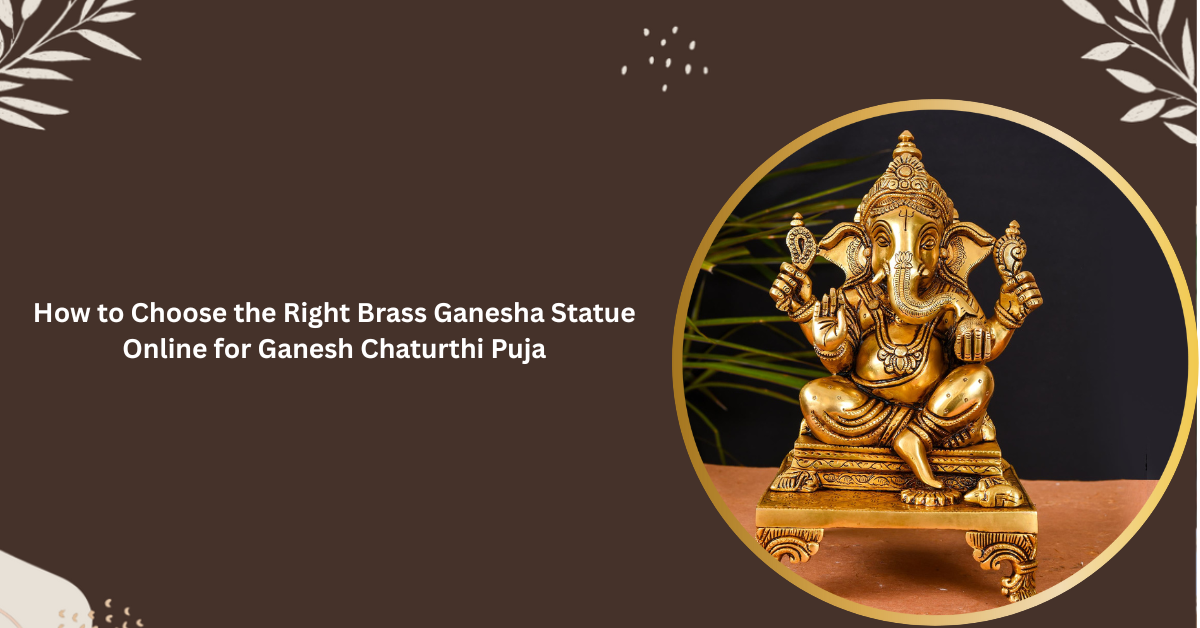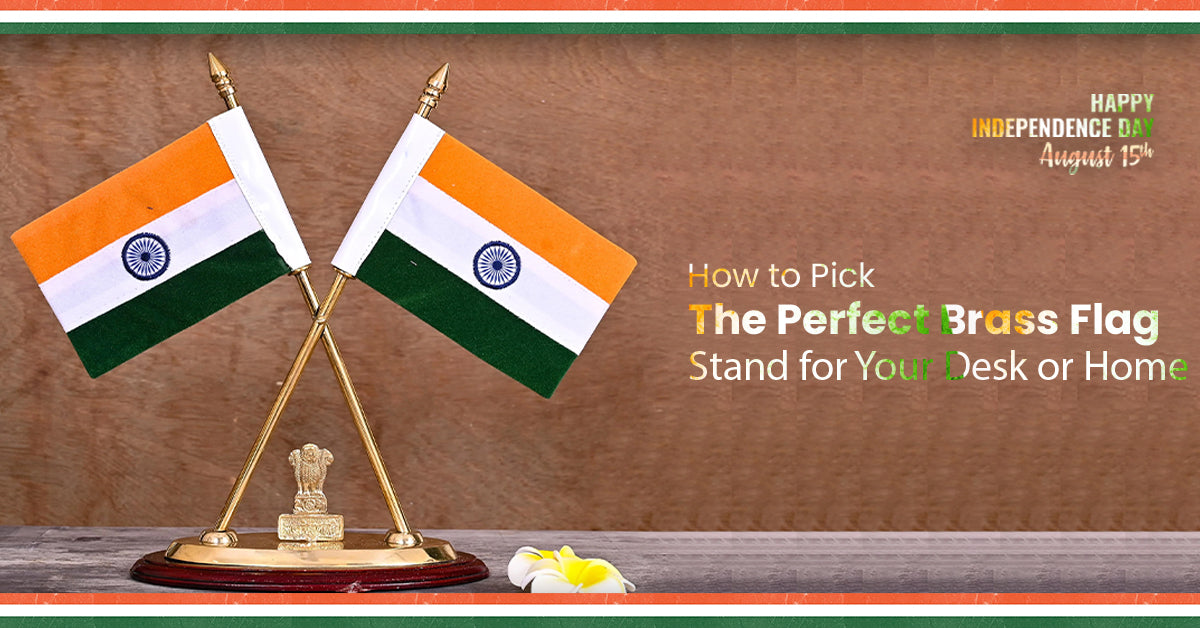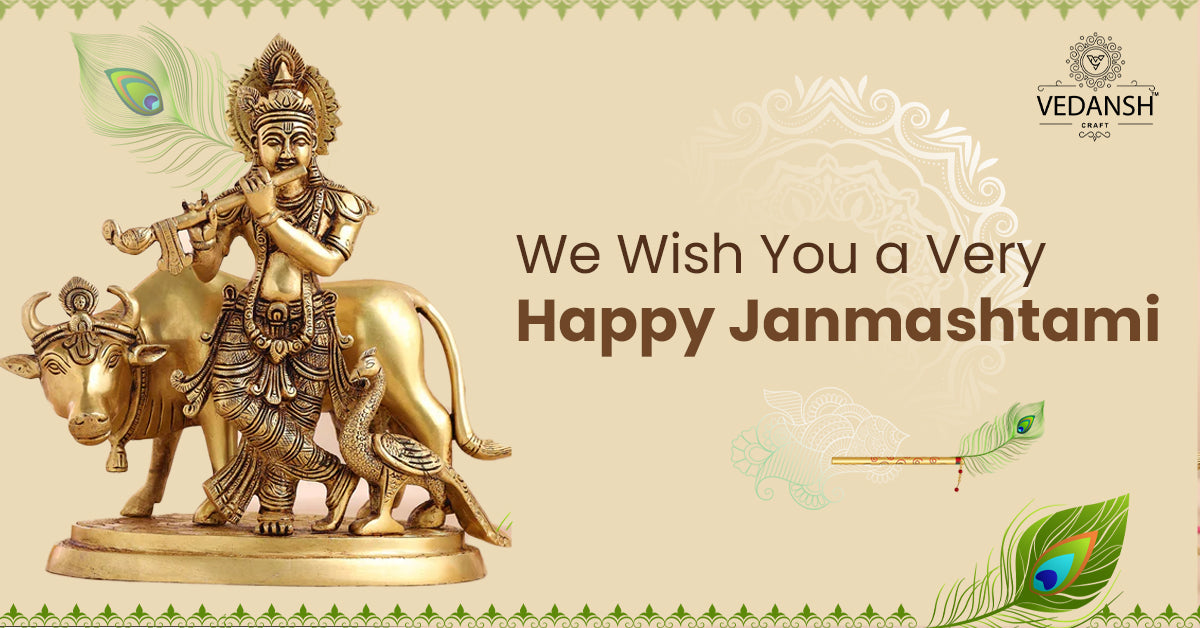

Krishna - The Avatar Of Lord Vishnu
, by javed techqart, 3 min reading time
In the rich tapestry of Hindu mythology, the Krishna avatar of Lord Vishnu weave captivating narrative, each embodying unique facets of divine intervention. Krishna Avatar, the eighth incarnation of Lord Vishnu, emerges as a multifaceted and charismatic figure in the epic Mahabharata. This detailed exploration delves into the enchanting tale of Krishna, the divine diplomat, warrior, and philosopher whose teachings continue to resonate through the ages.
Krishna was born in the Yadava clan to Vasudeva and Devaki, in the city of Mathura. His birth is marked by celestial phenomena, signifying the divine nature of his incarnation. Fearing the tyrannical rule of his maternal uncle Kamsa, who sought to eliminate any threat to his throne, Krishna is spirited away to the pastoral village of Vrindavan, where he grows up amid tales of divine exploits, love, and playful mischief.
Krishna's childhood in Vrindavan is characterised by his playful interactions with the gopis (milkmaids) and enchanting flute melodies that captivate both mortal and celestial beings. His divine pastimes, such as lifting the Govardhan Hill to protect the villagers from Indra's wrath, highlight his divine prowess and compassion.
As Krishna reaches adolescence, he returns to Mathura to fulfill his divine mission—confronting and defeating his tyrannical uncle, Kamsa. The slaying of Kamsa marks a pivotal moment in Krishna's earthly journey, paving the way for the eventual events of the Mahabharata.

Role in the Mahabharata
Krishna's involvement in the Mahabharata, one of the greatest epics of Indian literature, positions him as the counsellor, charioteer, and spiritual guide to the Pandavas. His teachings on duty, righteousness, and devotion form the philosophical centrepiece of the Bhagavad Gita—a sacred dialogue with Arjuna on the battlefield of Kurukshetra.
Krishna plays a crucial role in the Kurukshetra War by trying to prevent the conflict through diplomacy. When peaceful solutions don't work, he becomes Arjuna's charioteer. In this role, Krishna shares profound wisdom found in the Bhagavad Gita, addressing the moral and existential dilemmas faced by the warrior prince.
Krishna's divine love is expressed in Rasa Lila—a celestial dance with the gopis, symbolizing the profound connection between the divine and the devotee. The playful interactions and transcendent love shared between Krishna and the gopis serve as metaphors for the soul's quest for union with the divine.
Krishna's earthly journey culminates with the eventual demise of the Yadava clan due to internal conflicts. The Mahabharata describes Krishna's departure from the mortal realm through a hunter's arrow, signalling the completion of his earthly mission.
Teachings and Cosmic Significance of Krishna Avatar
Krishna's teachings, particularly in the Bhagavad Gita, form a spiritual guidebook encompassing the principles of duty (dharma), righteousness, and the path to self-realisation. His teachings emphasize the importance of selfless action, devotion to the divine, and understanding the eternal nature of the soul.
Krishna Avatar, as portrayed in the Mahabharata, transcends its mythological origins to become a timeless source of inspiration and spiritual wisdom. Krishna's multifaceted persona as a divine lover, warrior, philosopher, and diplomat offers a comprehensive guide to righteous living and spiritual evolution. The legacy of Krishna endures through the ages, inviting seekers to delve into the depths of his divine teachings and embrace the path of devotion, righteousness, and self-realisation.
Blog posts




